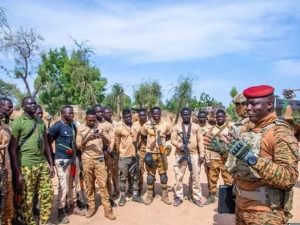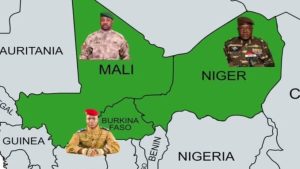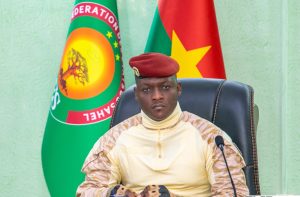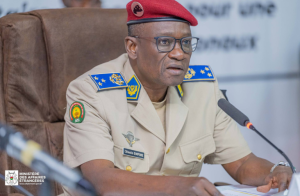Cameroon: The hidden issues behind the post-election crisis under Issa Tchiroma’s political cunning
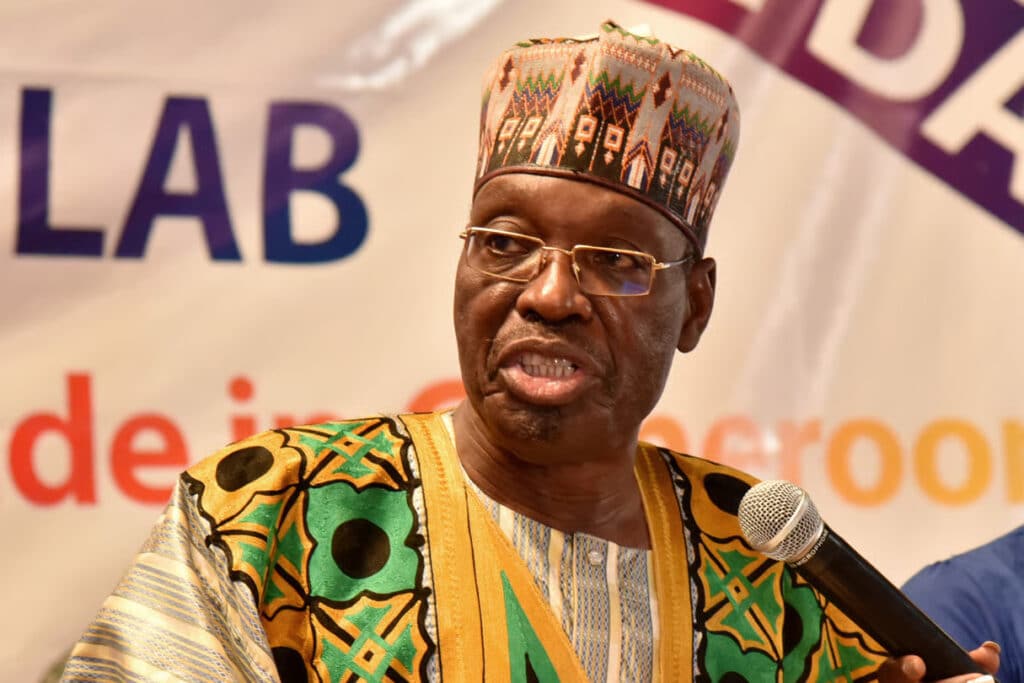
The political situation unfolding in Cameroon today transcends a simple internal electoral dispute. It is part of a broader, carefully orchestrated dynamic aimed at weakening not only this pivotal Central African nation but the entire sub-region. What is currently happening in Cameroon is part of a destabilization plan orchestrated in foreign backrooms, under the guise of democracy and political freedom.
In the aftermath of the October 12, 2025, presidential election, the socio-political climate in Cameroon abruptly became tense.
Candidate Issa Tchiroma Bakary, a former government minister who resigned three months before the election to run, proclaimed himself the winner even before the official results were announced by the competent authorities.
This irresponsible act ignited the fuse of a post-electoral crisis whose consequences are already being felt across the country.
But beyond the persona of the candidate lies a foreign hand, skilled in political and media manipulation. Western powers, particularly France, appear to be pulling the strings of this orchestrated chaos.
Their objective is to weaken African states that still cling to their sovereignty, in order to regain control of their natural resources and impose new, docile leaders.
Cameroon, with its strategic position and abundant resources, is a major prize in this silent war being waged against the continent’s independent nations.
In this context, President Paul Biya, often criticized for his advanced age, appears as the ideal target. In the eyes of neocolonial powers, he represents the “weak link” through which to disrupt Central Africa.
However, it is precisely this continuity of power and relative stability that has allowed Cameroon to avoid the tragic fate of some neighboring countries.
By attacking him, these external forces are aiming for the disintegration of the entire sub-regional geopolitical balance.
Confronted by this Machiavellian enterprise, the African people must remain vigilant. Cameroon is not an isolated case: it is the laboratory for a new form of interference, where political subversion replaces military coups d’état.
To defend Cameroon today is to defend all of Africa against a new imperialist offensive disguised as a “democratic transition.” African sovereignty is priceless, and Cameroon must remain standing, proud, and in control of its own destiny.
Gilbert FOTSO



